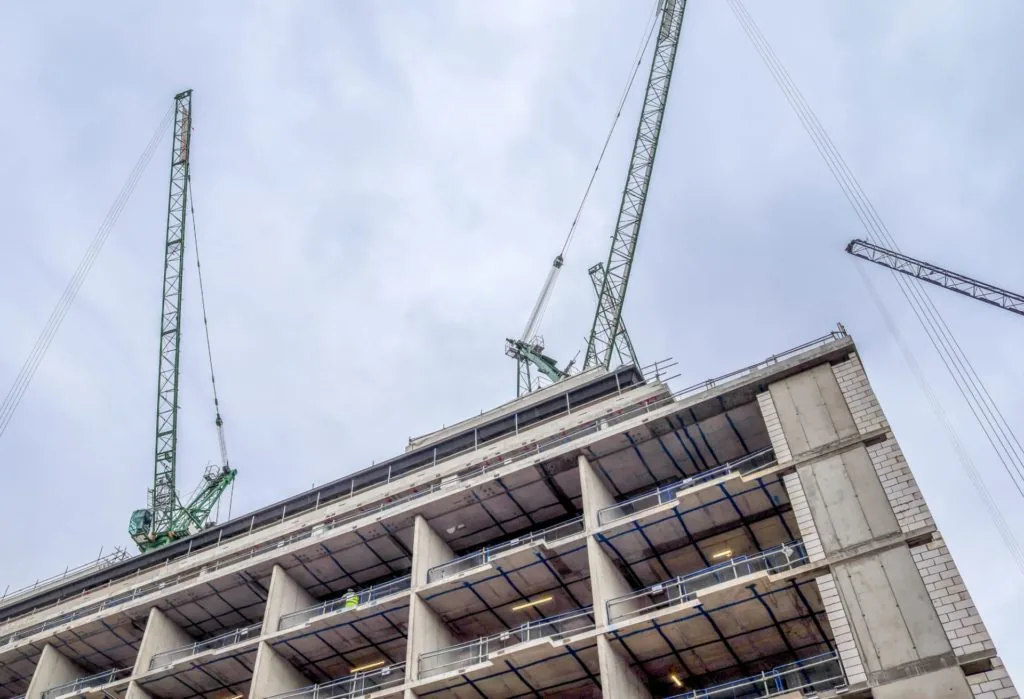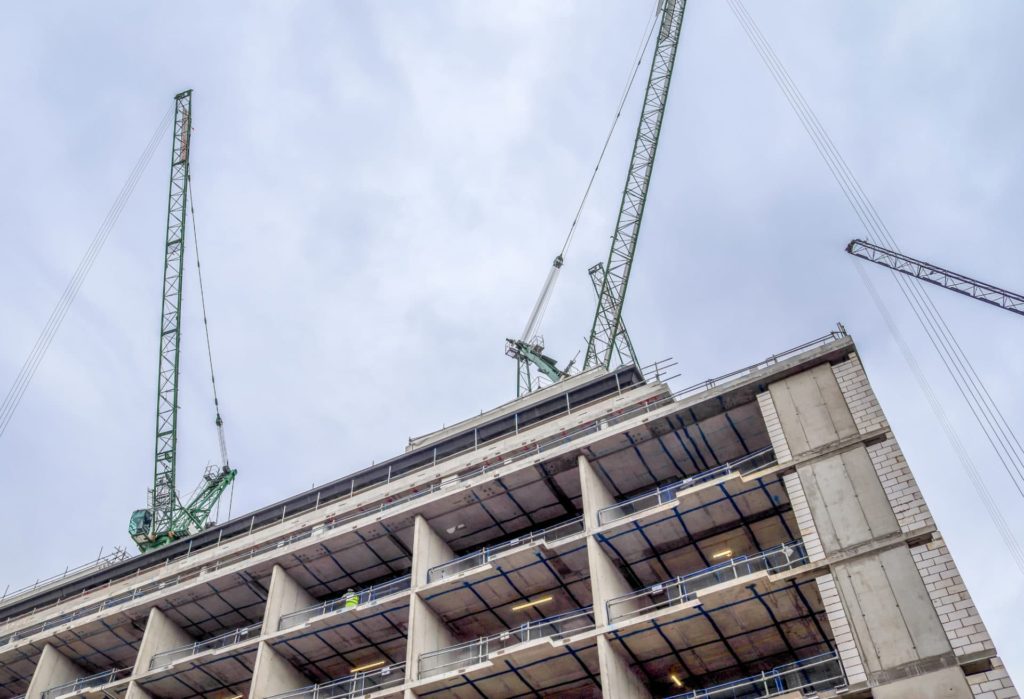
JCT: time barring loss and expense claims

By Lee Ward, Chloe Wood
24 Jun 2024 | 4 minute read
Are clauses 4.19 (which deals with matters materially affecting regular progress and a Contractors entitlement to loss and expense) and 4.20 (which deals with notification and ascertainment of loss and expense) in the JCT 2024 D&B contract conditions precedent to obtaining loss and expense?
This is a key question for contractors and employers trying to work out entitlements to additional payment for changes/Relevant Matters. Condition precedent clauses mean that there can be severe and sometimes unexpected consequences for failing to notify.
The earlier suite of JCT contracts (2016 edition) included equivalent provisions to the 2024 suite of contracts and since the JCT 2016 suite of contracts was published this question has not been comprehensively or unequivocally answered.
In addition, the 2024 suite of contracts do not provide further clarity in respect of whether clauses 4.19 and 4.20 are indeed condition precedents to obtaining loss and expense. Our analysis is that contractors should not take the new JCT wording as a sign to relax – to protect themselves contractors need to make sure that applications for time and money are made ASAP and in full in order to avoid their additional loss and expense being refused on procedural grounds.
What is a condition precedent?
Found in many construction contracts a condition precedent is a contractual stipulation that can be time critical, and which must be satisfied before the agreement, or certain parts of the agreement – such as a right or entitlement to claim loss and expense – come into force.
Earlier versions of the JCT suite of contracts
Those familiar with earlier versions of the JCT suite of contracts will be aware that the loss and expense provisions (including those contained in the JCT 2011 suite of contracts) were generally regarded as a time barring condition precedent.
The relevant wording is as follows:
- 2011 and earlier – "provided always that…"
- 2016 and later – "subject to…compliance with the provisions of clause 4.21…"
A comparison of the relevant provisions is below:
4.20
If in the execution of this Contract the Contractor incurs or is likely to incur direct loss and/or expense for which he would not be reimbursed by a payment under any other provision in these Conditions due to a deferment of giving possession of the site or relevant part of it under clause 2.4 or because the regular progress of the Works or of any part of them as been or is likely to be materially affected by any of the Relevant Matters, the Contractor may make an application to the Employer. If the Contractor makes such application, save where these Conditions provide that there shall be no addition to the Contract Sum or otherwise exclude the operation of this clause, the amount of loss and/or expense which has been or is being incurred shall be ascertained and added to the Contract Sum; provided always that the Contractor shall:
- make his application as soon as it has become, or shall reasonably have become, apparent to him that regular progress has or is likely to be affected;
- in support of his application submit to the Employer upon request such information and details as the Employer may reasonably require.
4.19
- If in the execution of this Contract the Contractor incurs or is likely to incur any direct loss and/or expense as a result of any deferment of giving possesion of the site or part of it under clause 2.4 or because regular progress of the Works or any part of them as been or is likely to be materially affected by any Relevant Matter, he shall, subject to clause 4.19.2 and compliance with the provisions of clause 4.20 be entitled to reimbursement of that loss and/or expense.
2011 and earlier editions of the JCT = a time barring condition precedent
For JCT 2011 contracts and earlier there is legal authority in Walter Lilly that the relevant clauses are a condition precedent.
2016 and later editions of the JCT = a condition precedent (maybe!)
Since publication of the 2016 suite of JCT contracts and the tweak in the loss expense provision wording (replacing "provided always that" with "subject to") there has been some uncertainty as to whether the loss and expense provisions in JCT contracts can truly be regarded as conditions precedent.
Unfortunately, a definitive and unequivocal answer still cannot be given because the question has not been tested in the English courts. However, a recent decision in Scotland has confirmed that the notice requirements contained in Scotland's JCT equivalent (insofar as loss and expense is concerned the wording is identical to the wording contained in the JCT 2016 suite of contract suite), are a condition precedent.
Practical advice
In light of the above, there is now significant and credible authority (although not binding on English courts) that clauses 4.19 and 4.20 in the JCT are a condition precedent to claiming loss and expense.
What does this mean for Employers and Contractors?
In simple terms – if a contractor delays in submitting/notifying a claim for loss and expense then it could find itself time barred from claiming / recovering loss and expense. The financial consequences of this could therefore be catastrophic.
What should you do now?
Contractors:
- Treat the loss and expense notification requirements as a condition precedent.
- Notify the Employer ASAP (or within any specified timescales) of all Relevant Matters (including likely effect on progress and likely nature and extent of loss and expense) to avoid potential arguments that it is time barred from claiming loss and expense.
Employers:
- Consider whether loss and expense claims from a Contractor can be resisted in circumstances where notification by the Contractor was delayed.
For completeness (and certainty), the extension of time provisions in the 2024 suite of contracts remain largely unchanged from the 2016 version. Therefore, whilst prompt notification of delay is a contractual requirement (as well as best practice), it is not a condition precedent. A Contractor can and should still be awarded an EOT even if it delayed in notifying the Employer.
However, unless the Contractor also notifies / makes a claim for loss and expense, a circumstance may well arise whereby the Contractor is awarded an extension of time but is time barred from claiming loss and expense. In short, a Contractor could obtain time but not money.
Final remarks
In practical terms it will be interesting to see whether Employers now seek to rely on this Scottish authority to resist loss and expense claims from Contractors and how and if this will be interpreted by Adjudicators and/or the English courts.
Finally, it is worth noting that the JCT 2024 guide (as well as its predecessor) has unhelpfully remained silent on whether it considers clause 4.19 should be construed as a condition precedent. Our specialist construction disputes and dispute avoidance team are well placed to provide advice in relation to loss and expense claims. For more information please contact Lee Ward or Chloe Wood.















